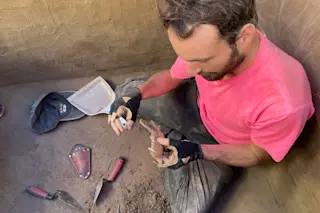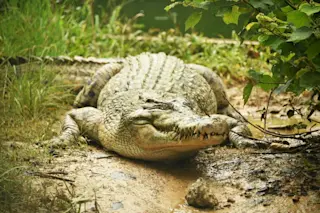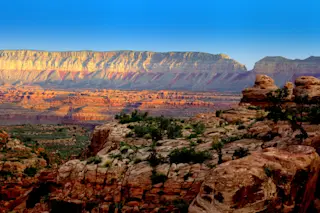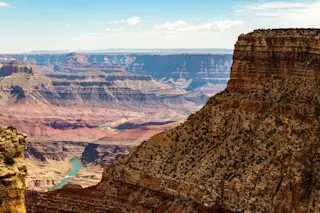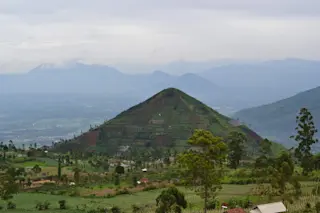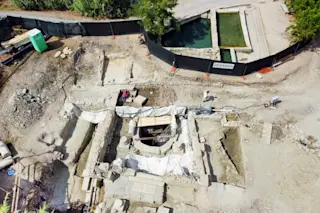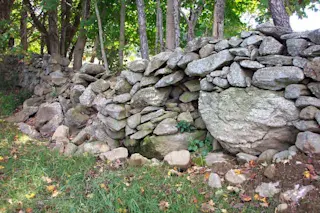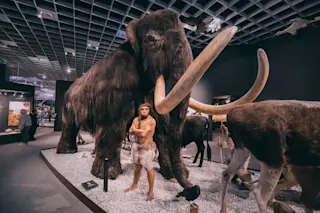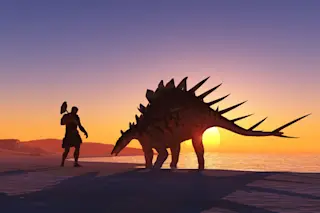Nothing pisses off archaeologists more than being equated with pothunters. Last year, this piece by Craig Childs upset many SW specialists. (Childs is giving a talk at the annual Pecos conference later this week; somebody please record this. Or blog on it. How about you, Gambler's House, if you're attending?) As this recent column in Indian Country Today makes clear, archaeology continues to be haunted by its own past:
The acquisition and holding of human remains by a museum or academic institution is said to be different from grave robbing. Institutional grave robbing is described as scientific research. This argument goes back a long way. As David Hurst Thomas, author of "Skull Wars: Kennewick Man, Archeology, and the Battle for Native American Identity," writes, "Thomas Jefferson, America's first scientific archaeologist, argued that Indians could "“ and really should "“ be studied as part of the rest of nature. Jefferson defined American Indians as specimens. "¦"
Repatriation is the specific issue the author discusses. It's something we'll be hearing a lot more about as we approach the 20th anniversary of the Native American Graves Protection and Repatration Act (NAGPRA).


